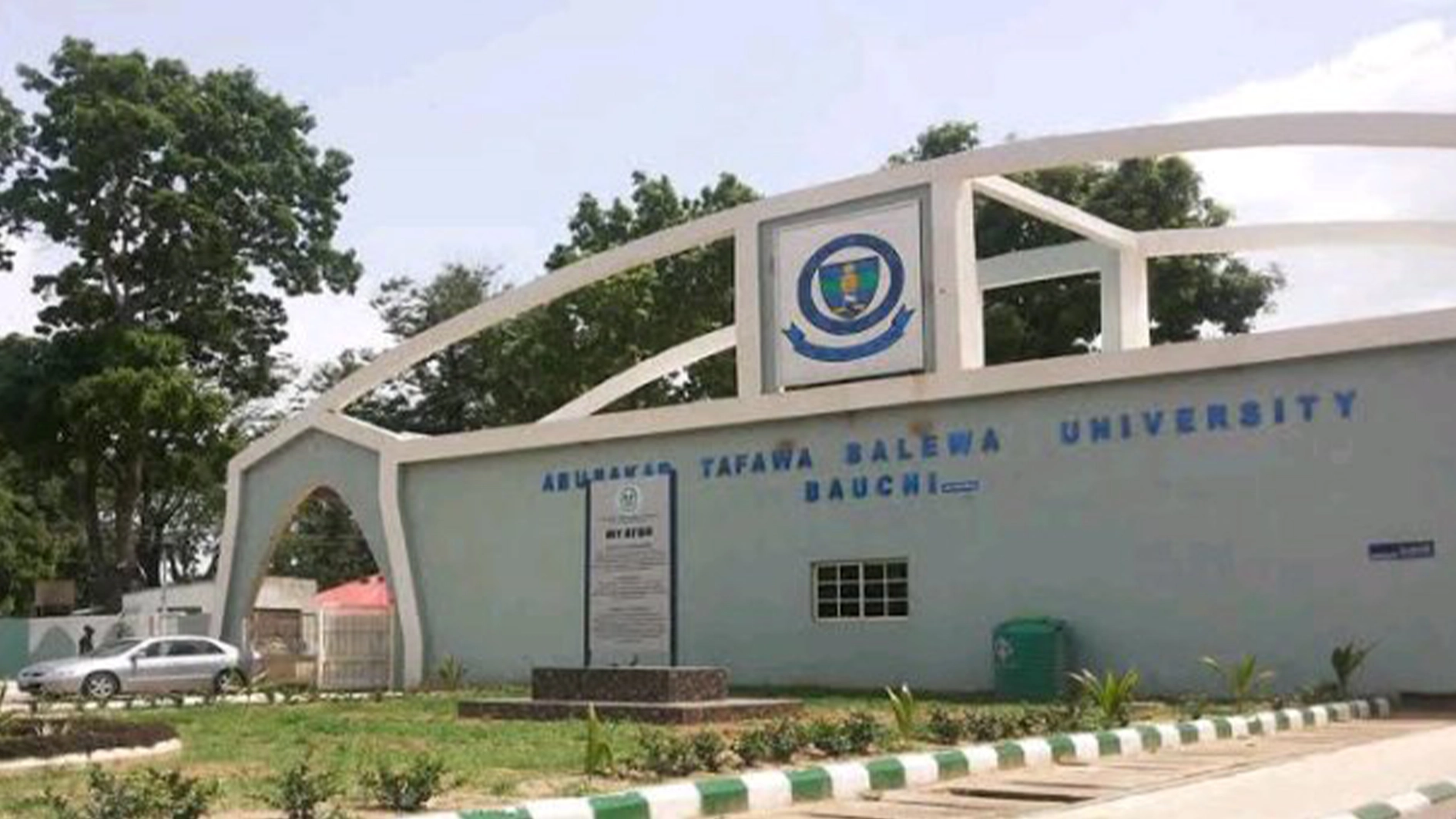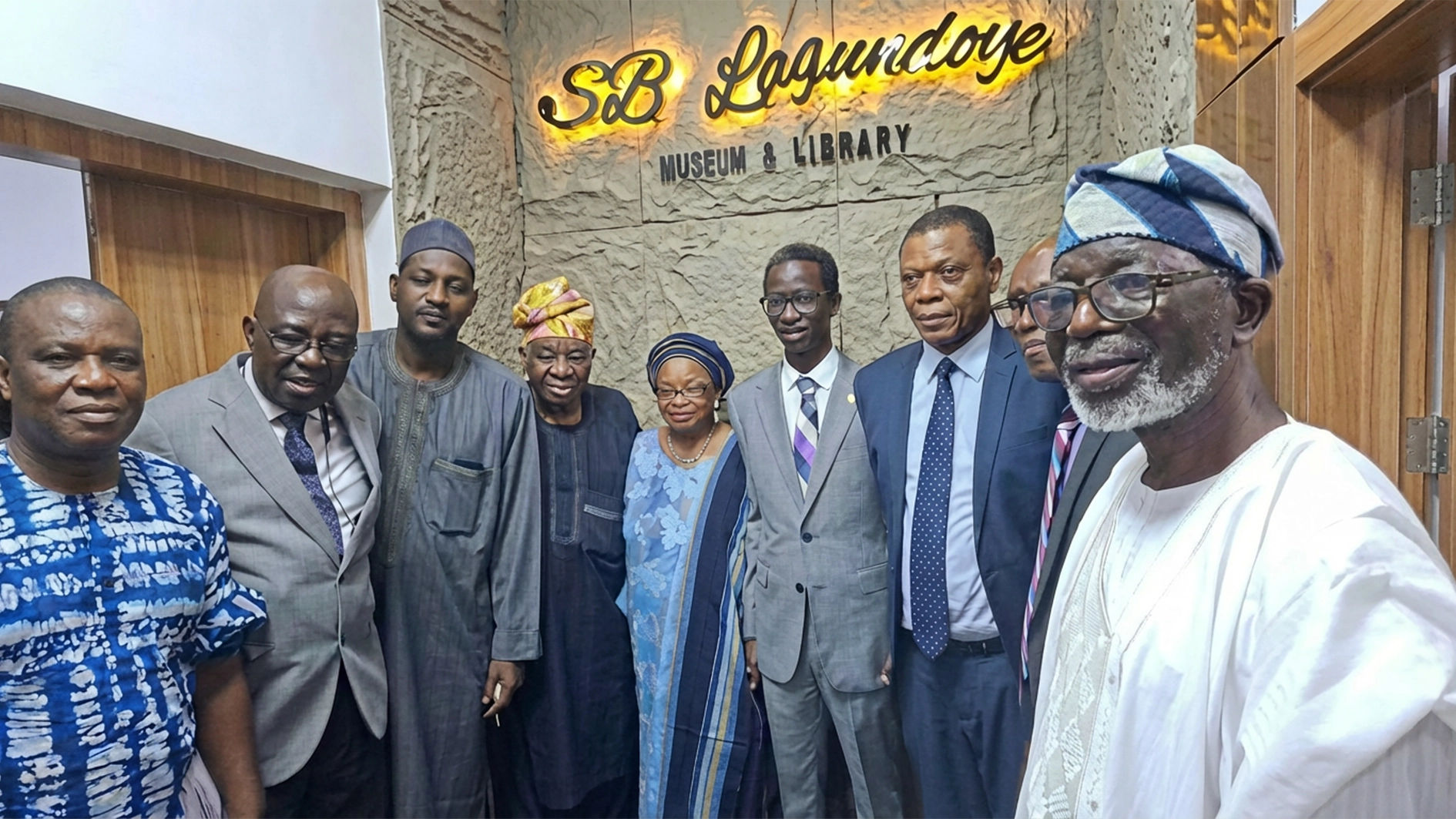The Vice Chancellor of the University of Calabar, Professor Florence Obi, has called for calm and understanding as the institution works to resolve issues affecting the induction of its dentistry graduates, following concerns raised by the Medical and Dental Council of Nigeria over excess admissions.
Speaking at a press briefing held yesterday at the University Council Chamber, Professor Obi addressed growing concerns over the stalled induction of 31 dentistry graduates and clarified widespread misinformation circulating on social media.
The unfolding situation, which has caused distress among students and parents alike, stems from what the Vice Chancellor described as a “historical over-subscription” of the dentistry programme, a structural issue that predates her administration.
“In line with the quota of 10 students per session granted by the Medical and Dental Council of Nigeria (MDCN) since 2016, the university unfortunately did not adhere to the admission limits. That is what we are now trying to rectify,” she said.
Professor Obi explained that although the university secured full accreditation for clinical dentistry in 2020, valid until 2027, its consistent breach of enrolment quotas led to the MDCN’s recent refusal to induct the 31 graduates who passed their final exams. A total of 60 students formed the affected graduating set.
“We appreciate the MDCN for their cooperation over the years, having inducted three previous sets of our students despite the challenges.
“But this current graduating class far exceeded the council’s approved number. That’s where we ran into a roadblock,” she noted.
According to the VC, in an attempt to resolve the crisis, the university’s leadership has recently met with top officials of the MDCN in Abuja. The council proposed a two-pronged approach: transferring current 4th to 6th year students to other accredited institutions, and freezing further inductions until the university improves its facilities and staffing.
The Vice Chancellor was quick to assert that the issue is not one of accreditation per se, but of compliance with quotas and infrastructure standards.
“The University of Calabar is running an accredited programme. We are not operating illegally. However, staffing remains a critical bottleneck that has prevented us from inviting the MDCN for a reassessment of our facilities, which could have led to an increase in our quota,” Professor Obi said.
The VC highlighted the university’s inability to recruit new staff due to restrictions linked to the federal government’s Integrated Payroll and Personnel Information System (IPPIS), which limited universities’ autonomy to hire.
She noted that since assuming office, her administration has made numerous appeals to the National Universities Commission (NUC), the Federal Ministry of Education, and the Head of Service for waivers.
“We have been granted approval to hire 218 academic staff, and we are awaiting final clearance from the Budget Office. Once received, we will immediately begin recruitment,” she announced.
Professor Obi also revealed that the university recently received a special presidential intervention of ₦4.75 billion, allocated specifically for dentistry, pharmacy, nursing, and medicine and surgery programmes. The funds are expected to significantly upgrade facilities and enhance the university’s compliance with MDCN requirements.
“We’ve already submitted our requirements to the ministerial implementation committee. Included in that is a request for 16 additional dental chairs, which would bring our total to 40, a key milestone in expanding our capacity,” she said.
She, however, appealed to affected parents and students, saying, “We know this is painful, especially for students who have worked hard and are now caught in the middle. Some are getting depressed, and we understand that. But we are not folding our arms. We are exploring every avenue to resolve this issue swiftly.”
She assured the public that transfers to other institutions would be handled transparently and fairly, and that the university is committed to bringing the MDCN back for a reassessment once the required upgrades are completed.






